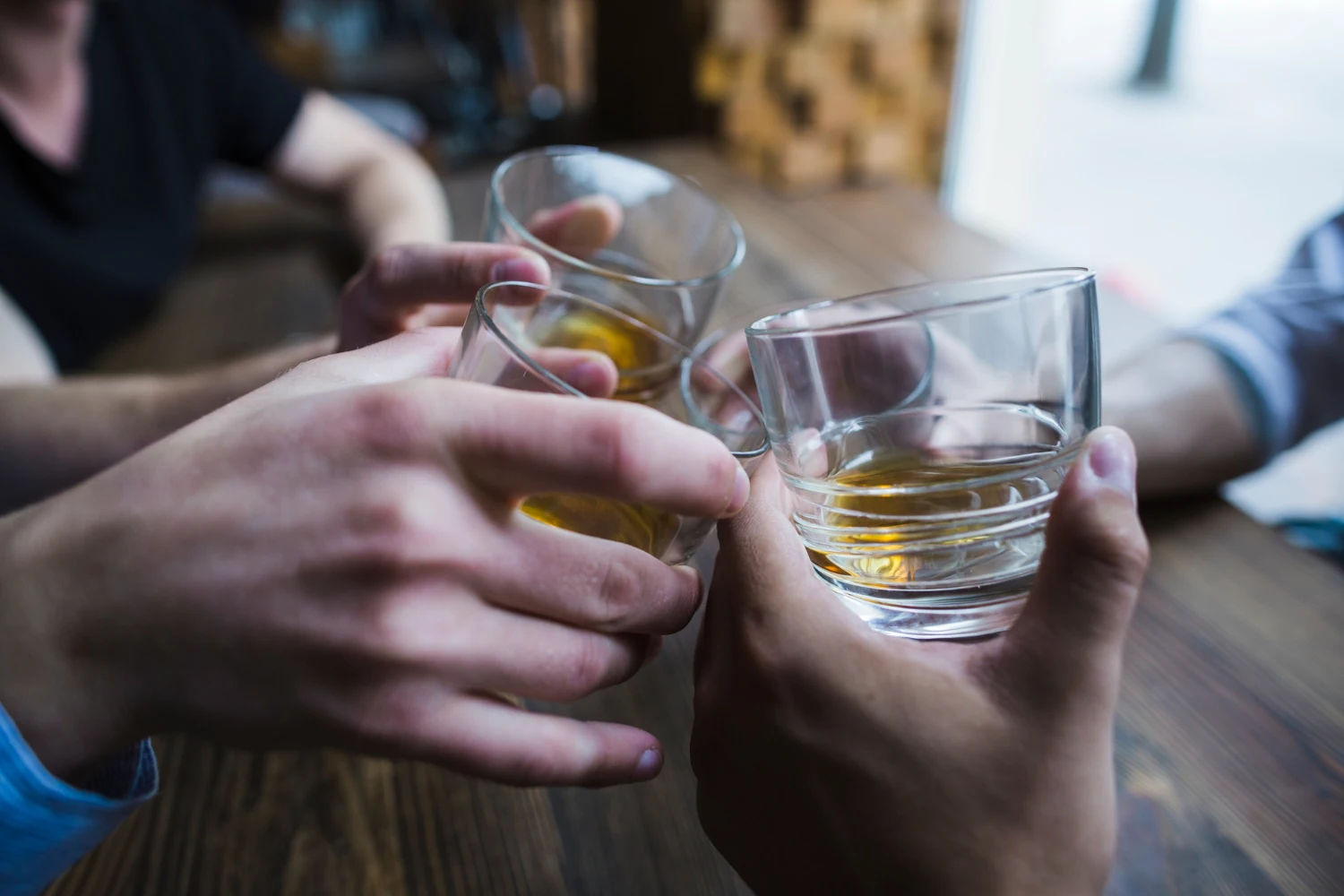130 Best Alcohol & Drug Rehabs in West Virginia 2024
Discover the top alcohol and drug rehab centers in West Virginia, United States. Explore 233 nearby treatment facilities providing inpatient, outpatient, and detox services.
Use filters to search by payment options, amenities, specialty programs, and more to find the perfect treatment for your unique situation.
130 Treatment Centers in West Virginia, US
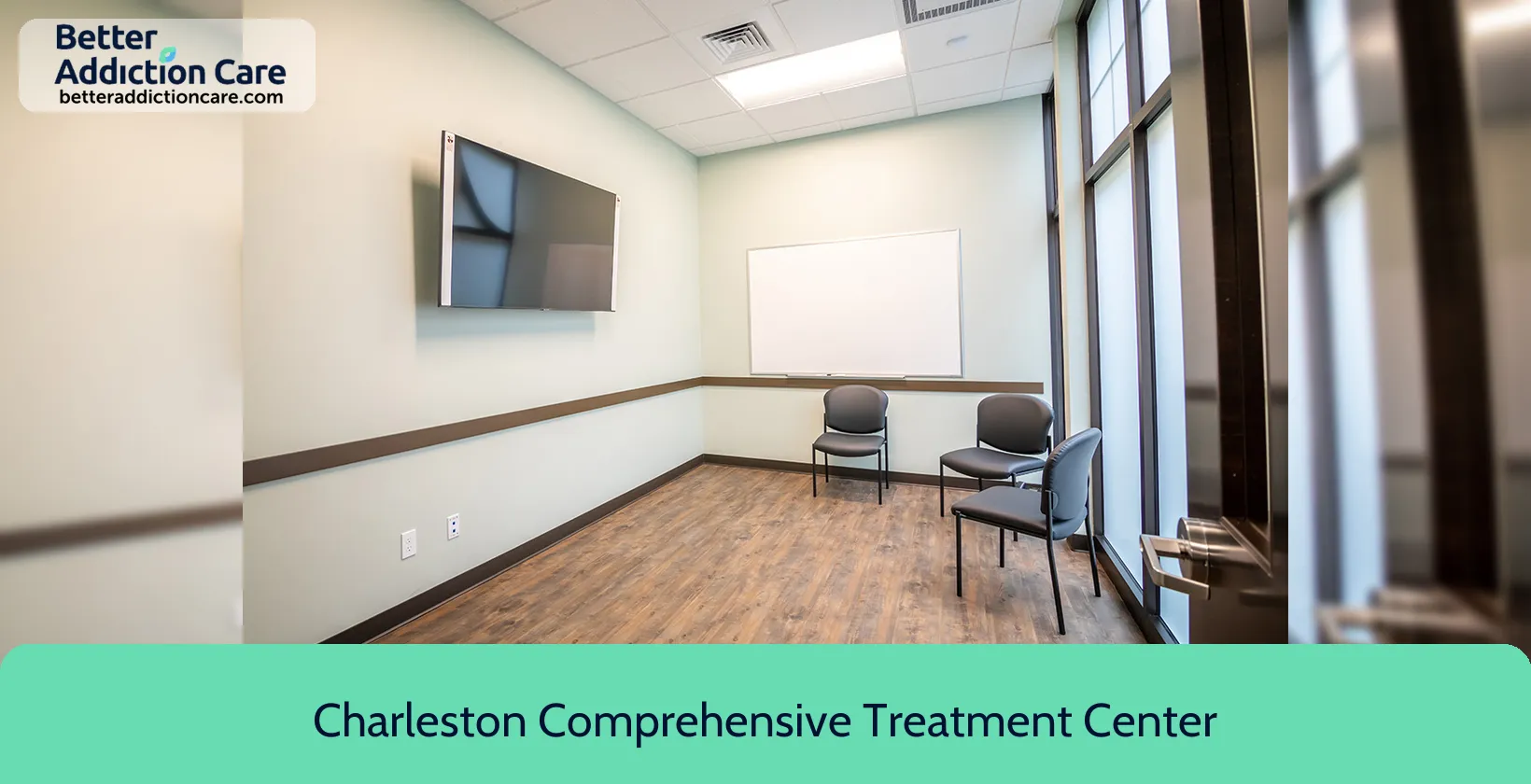
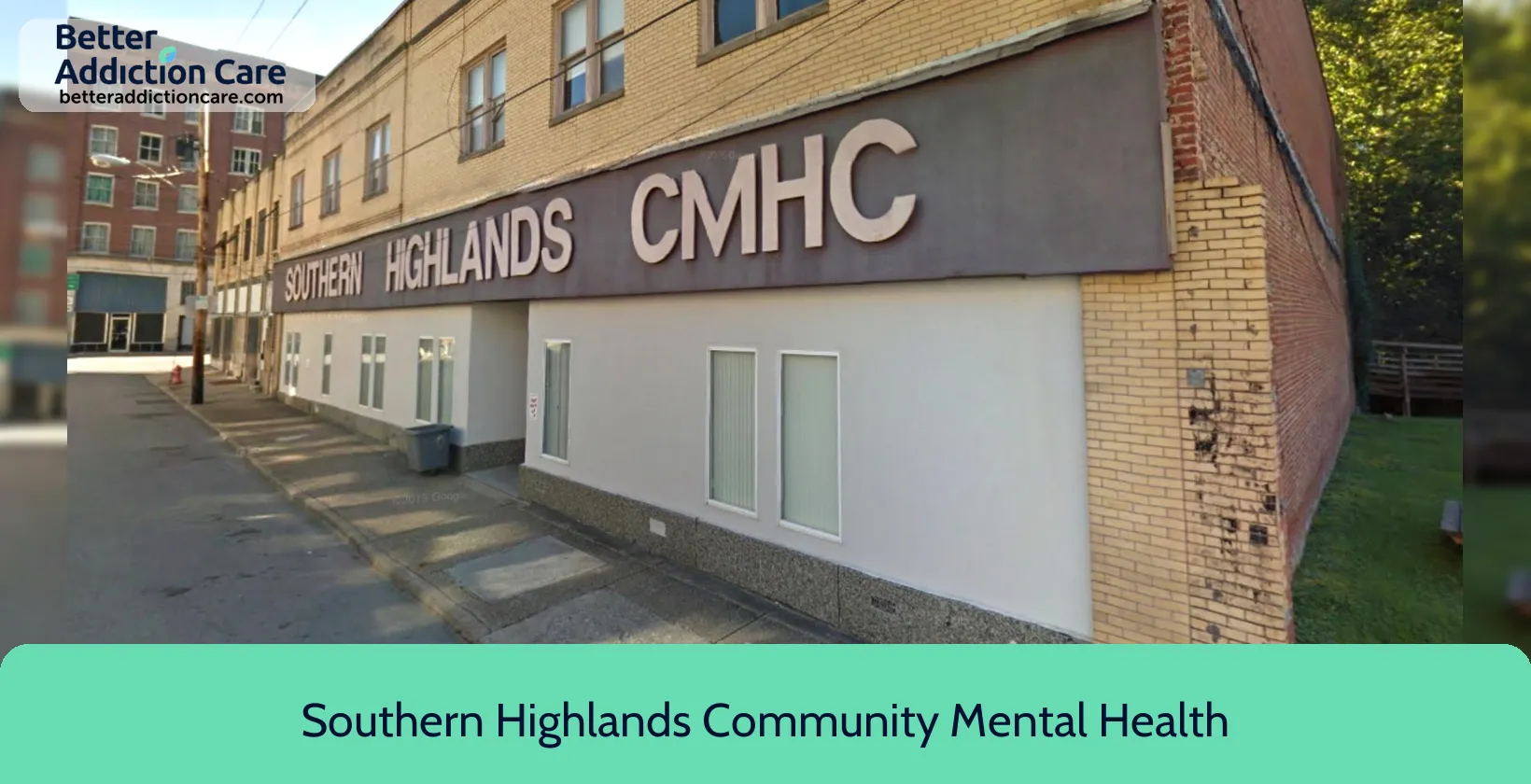

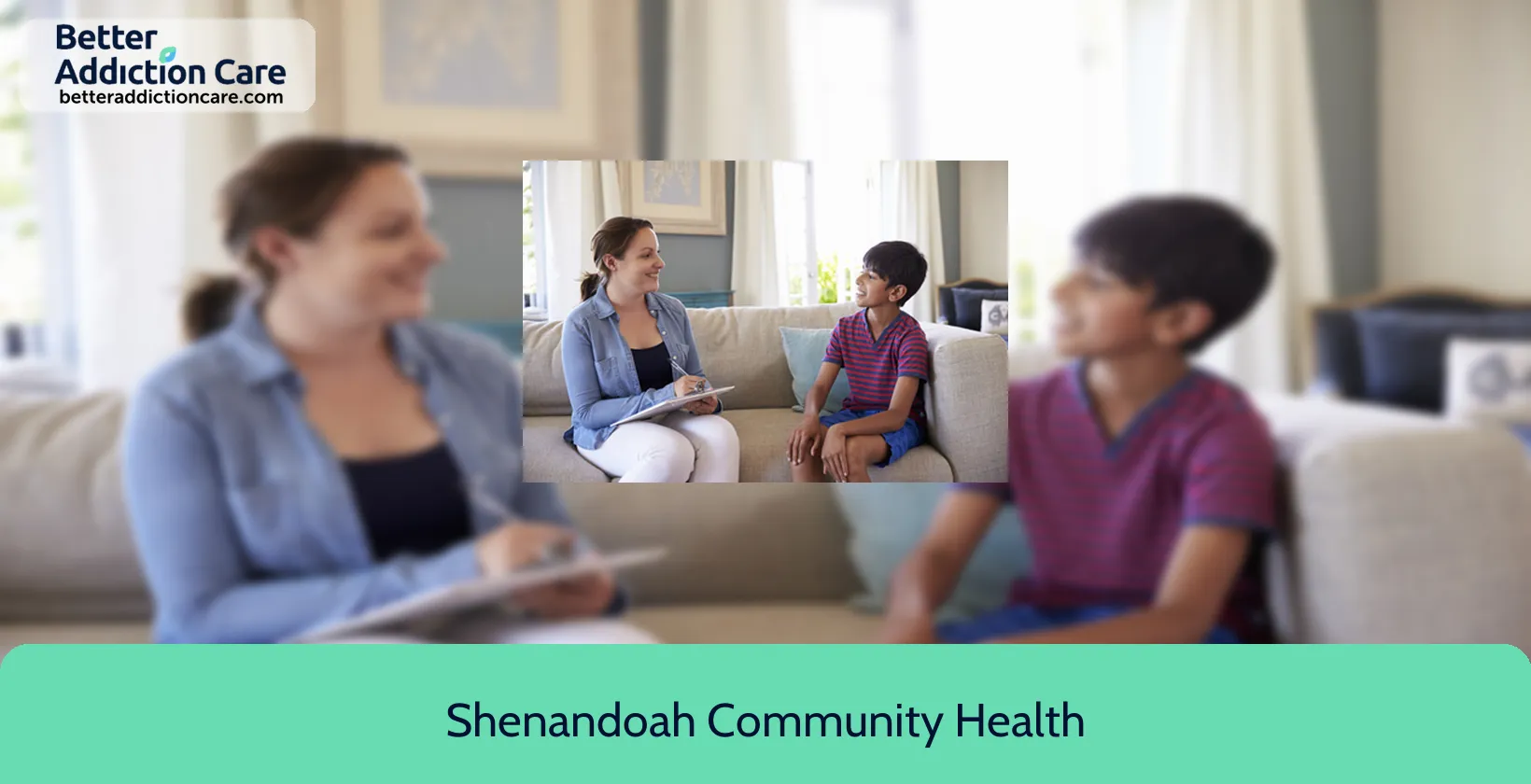

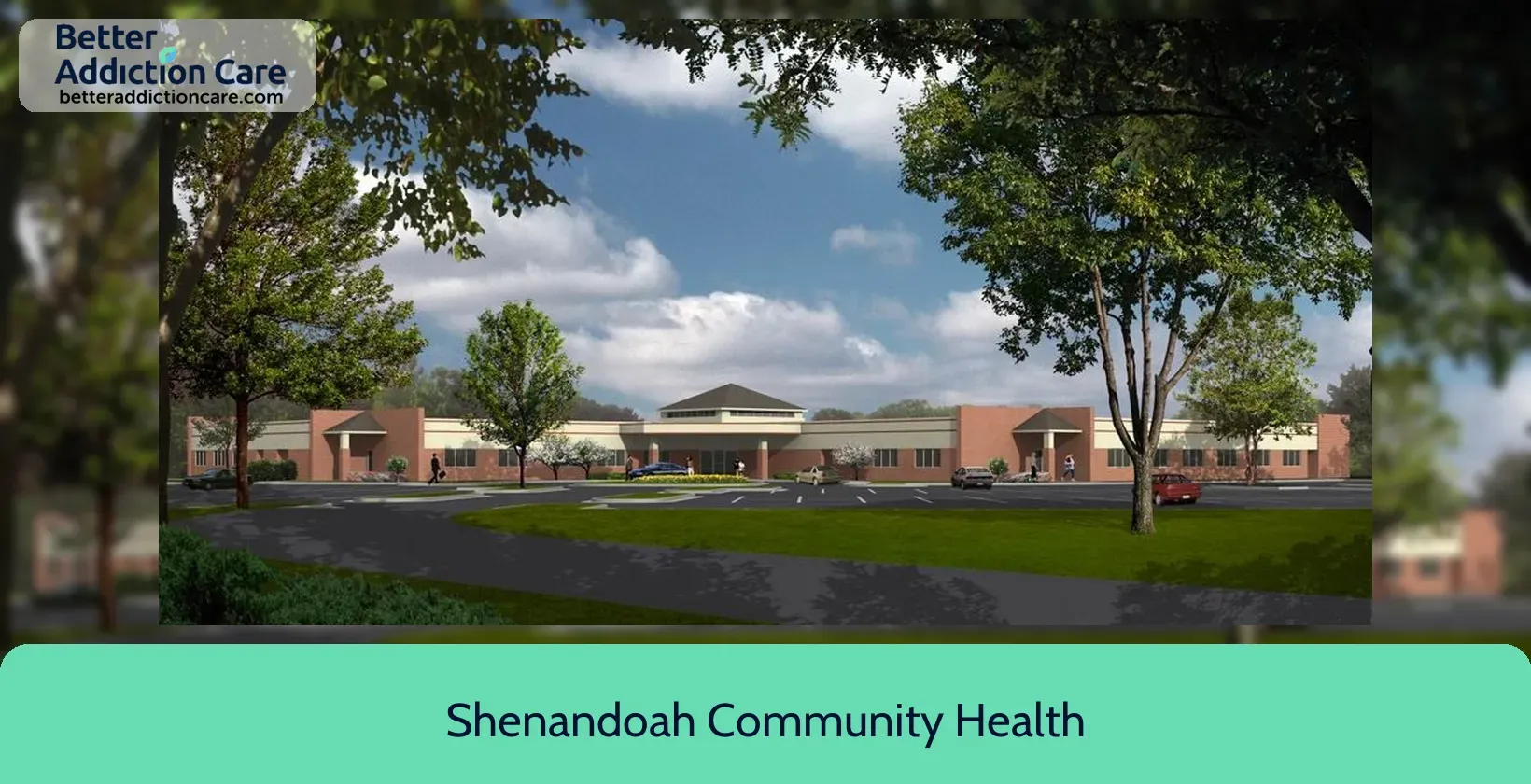
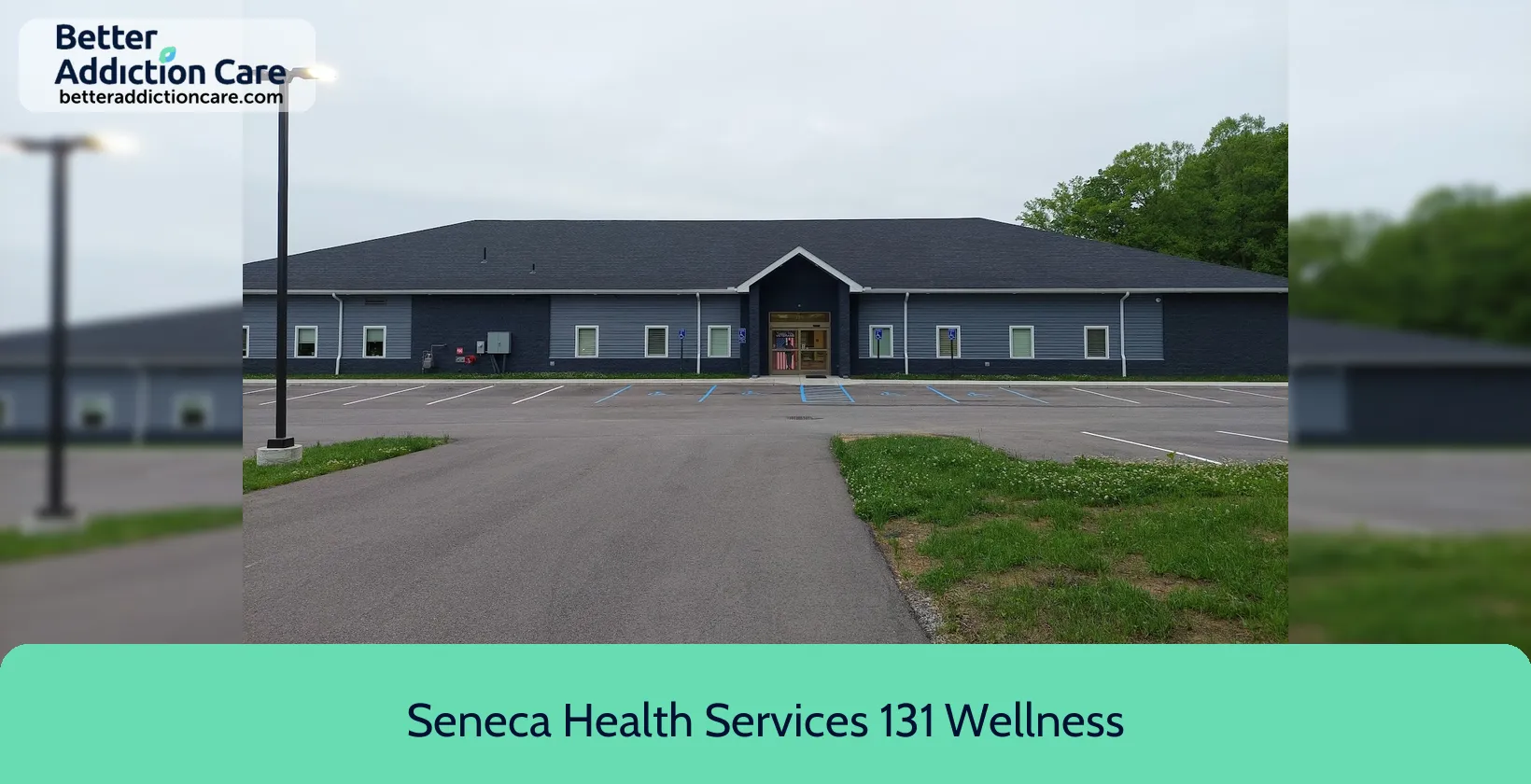


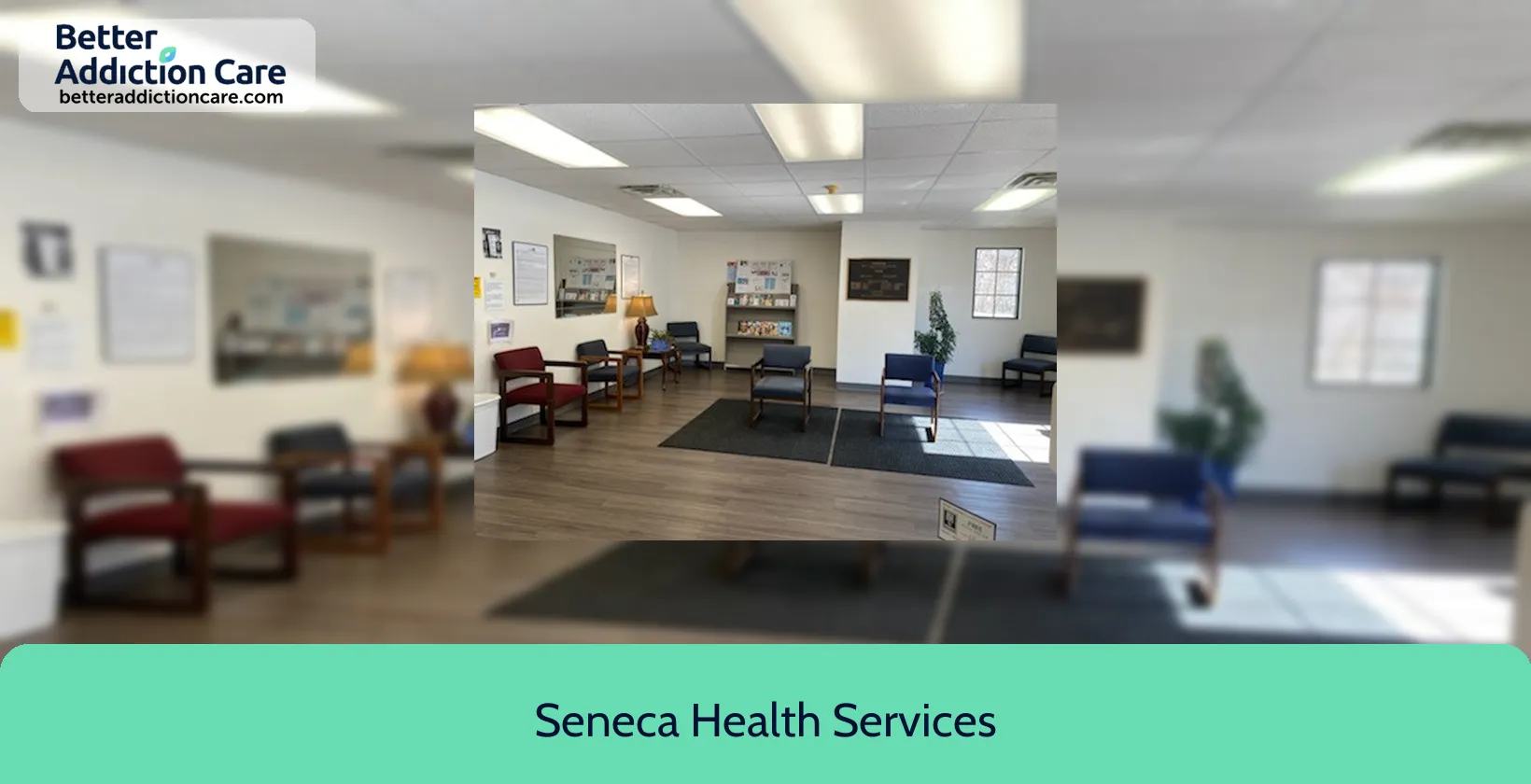


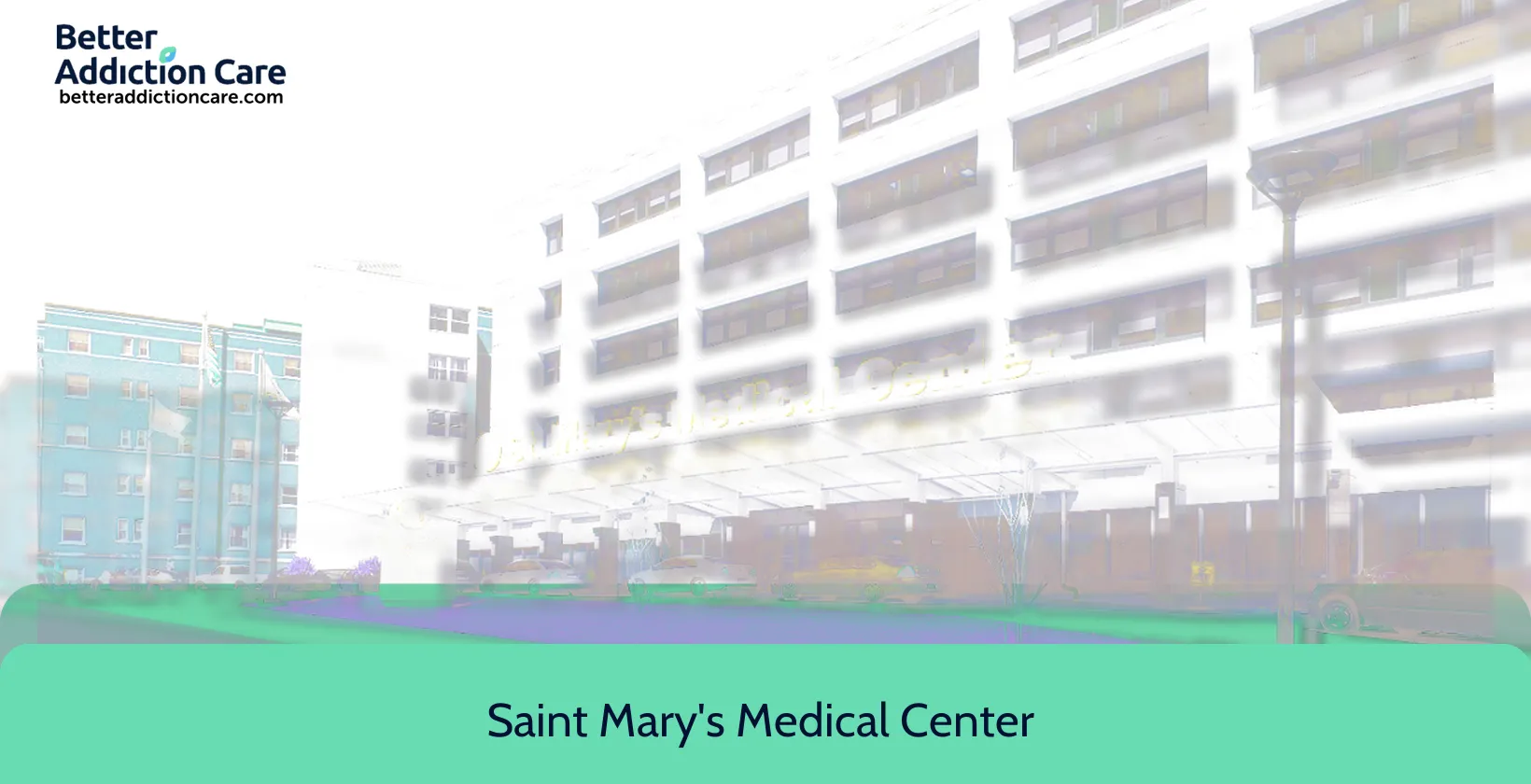
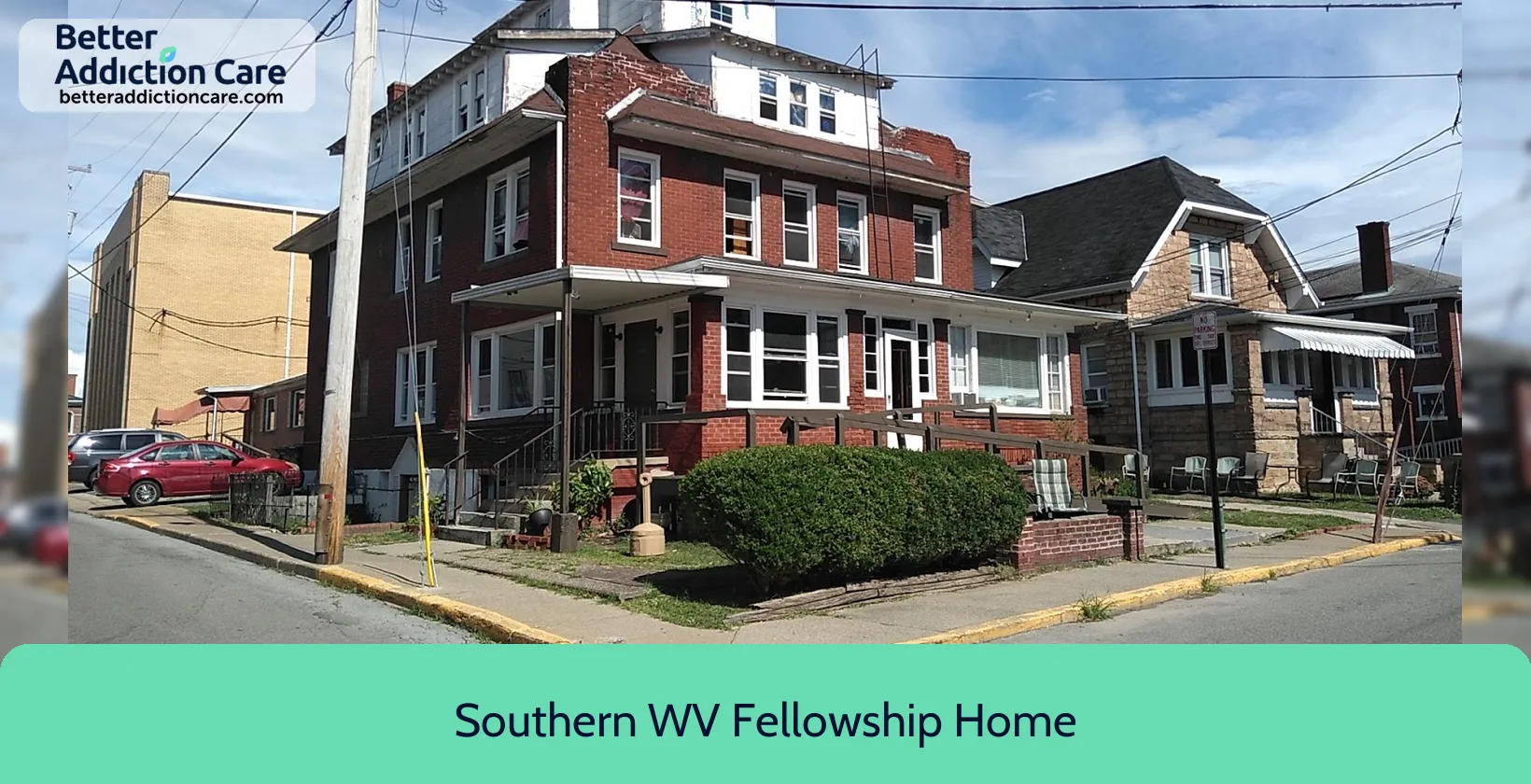





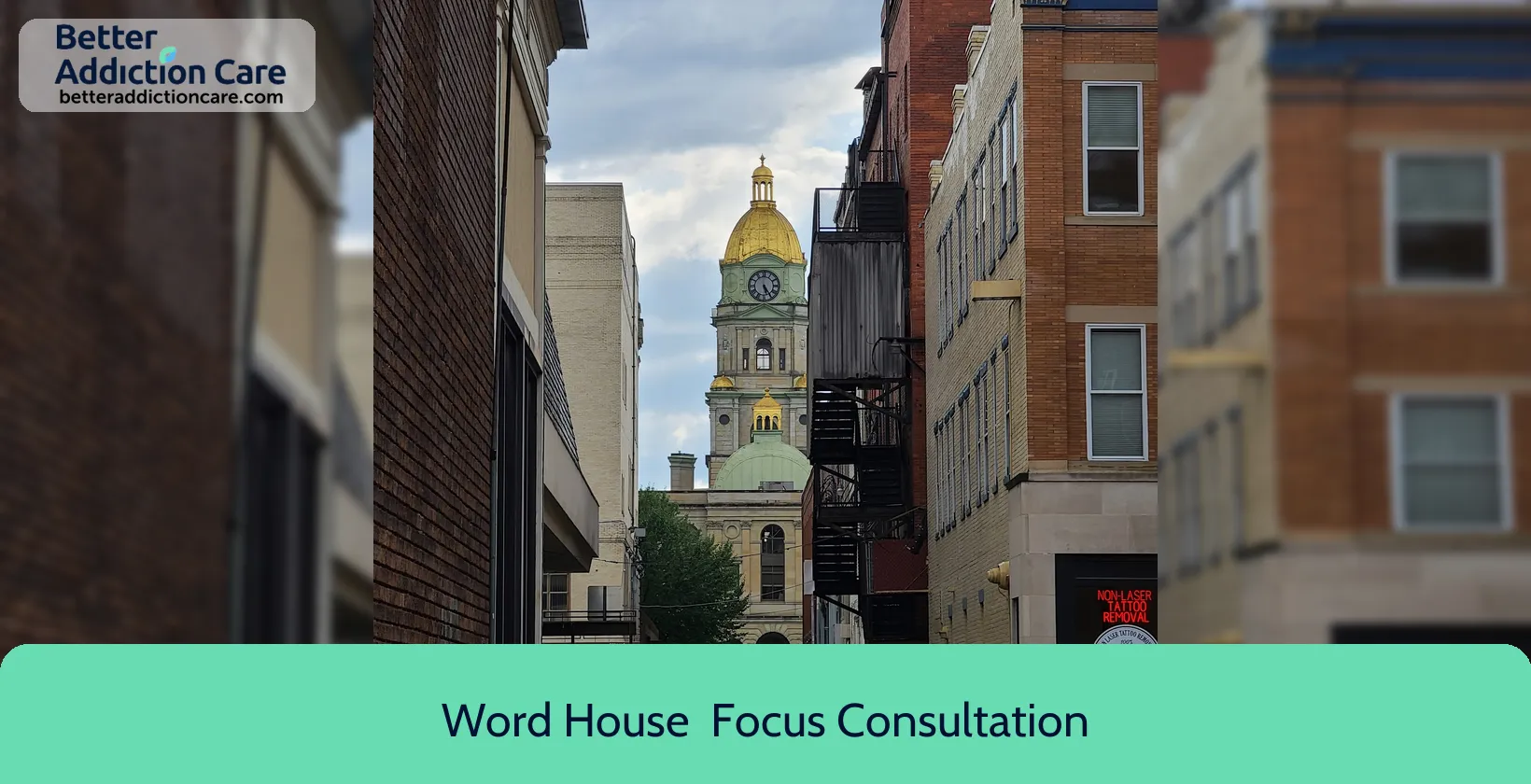




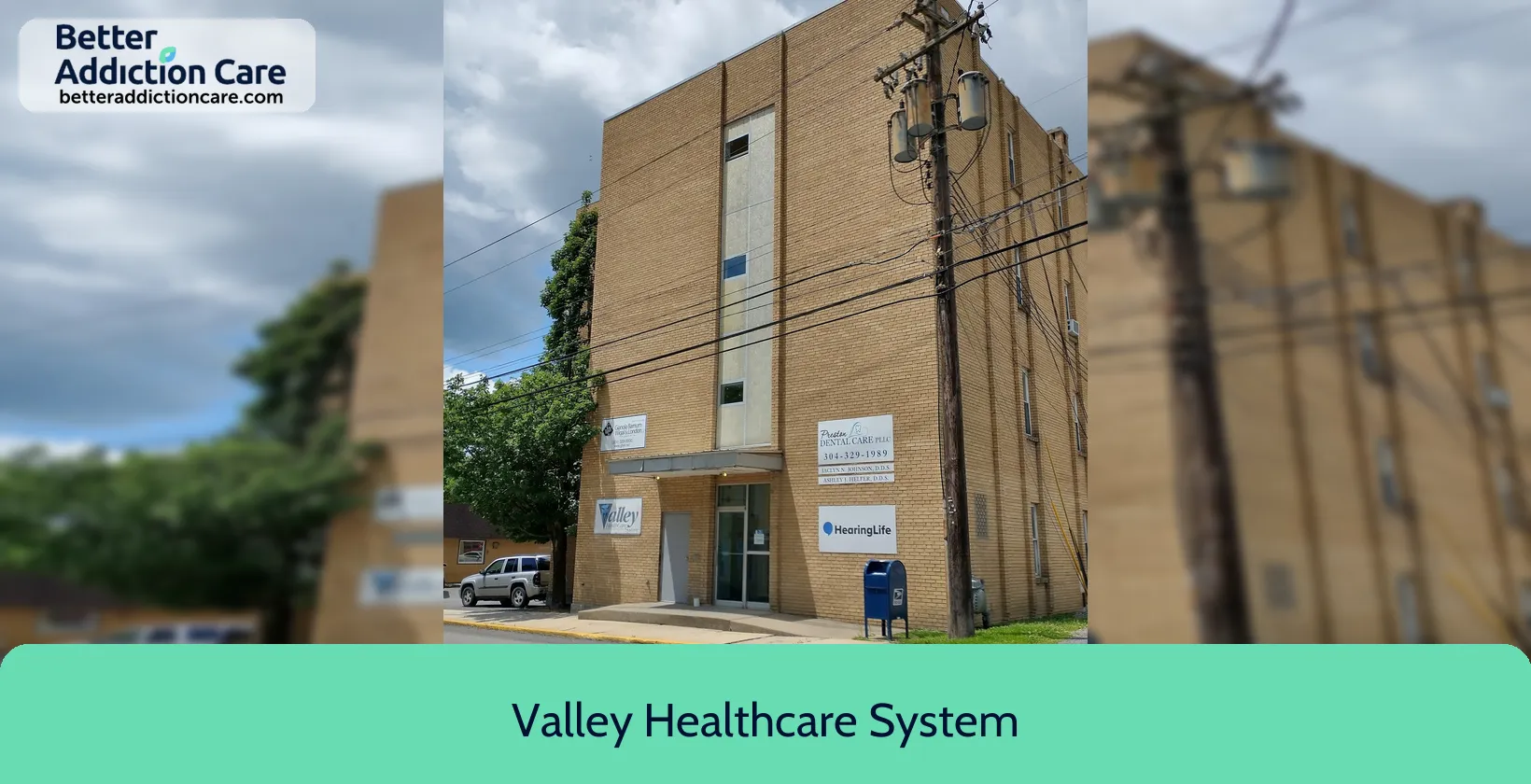
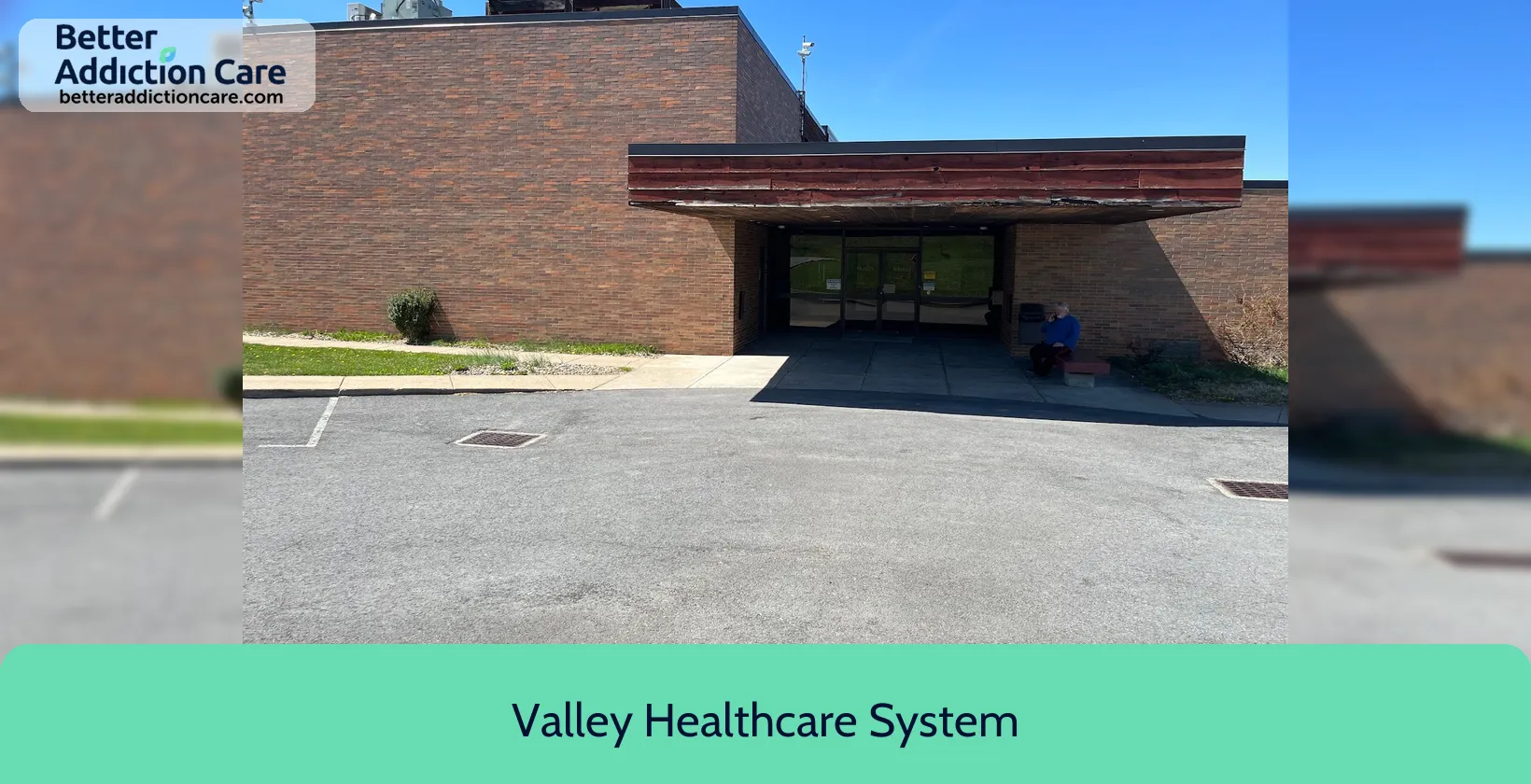


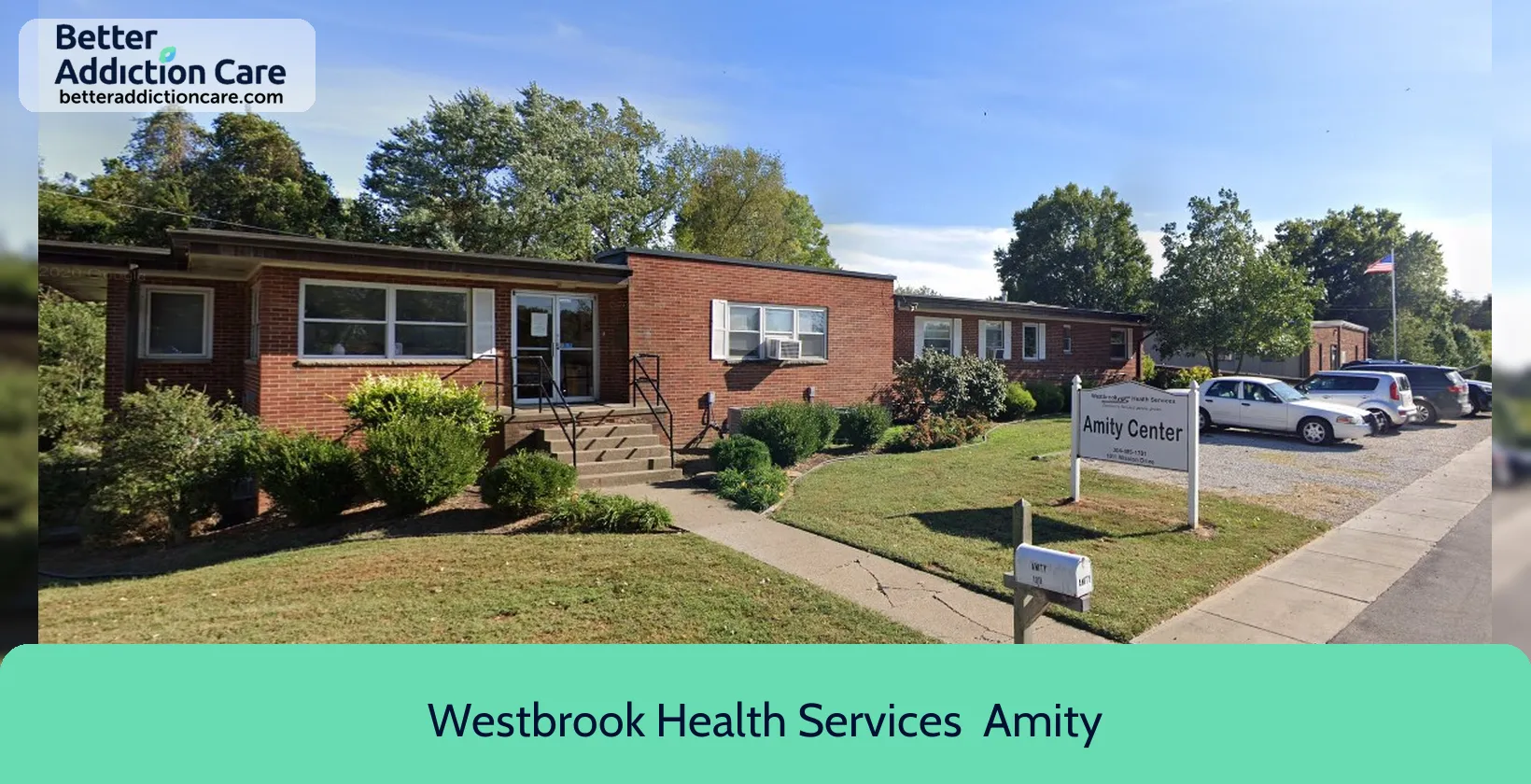




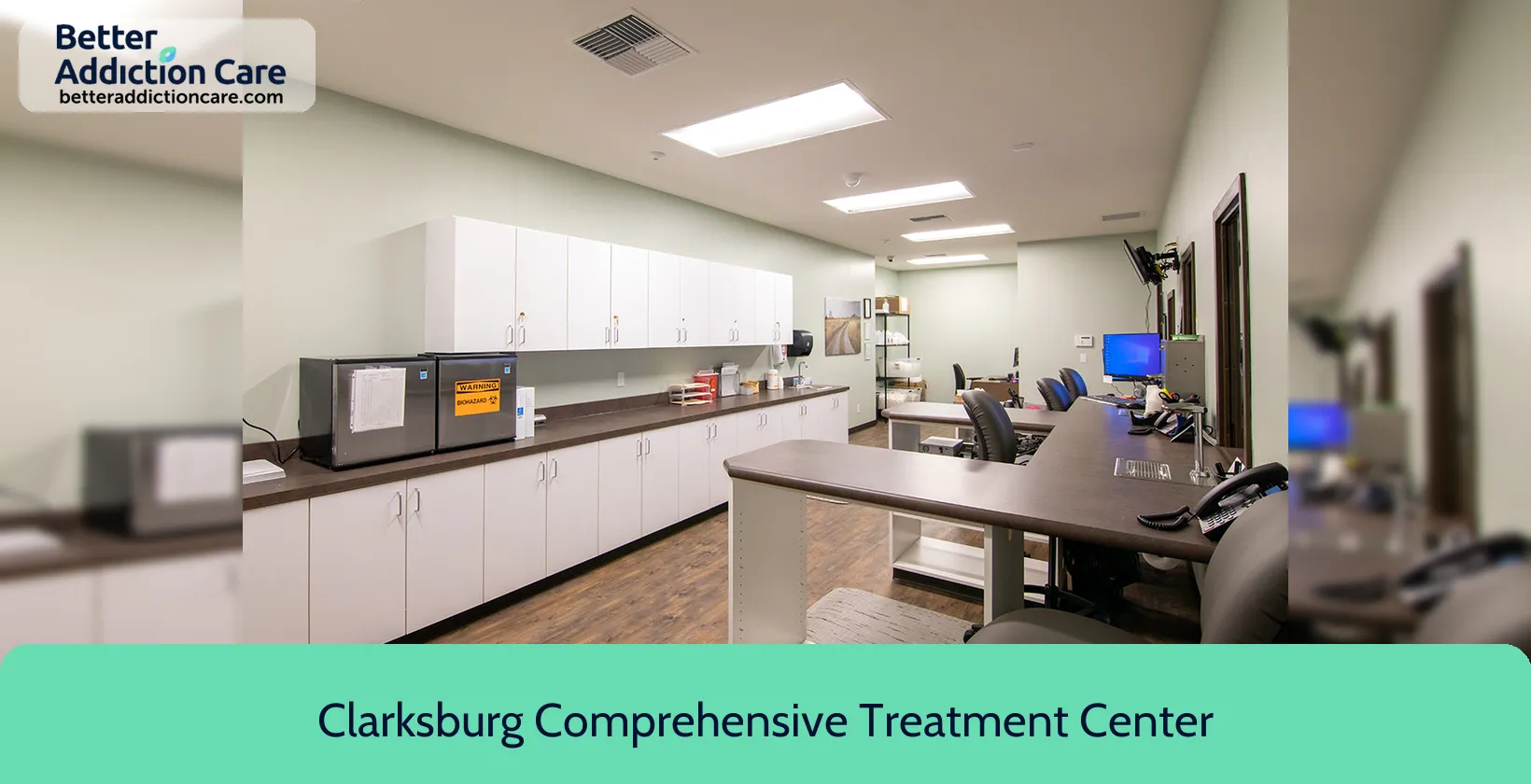

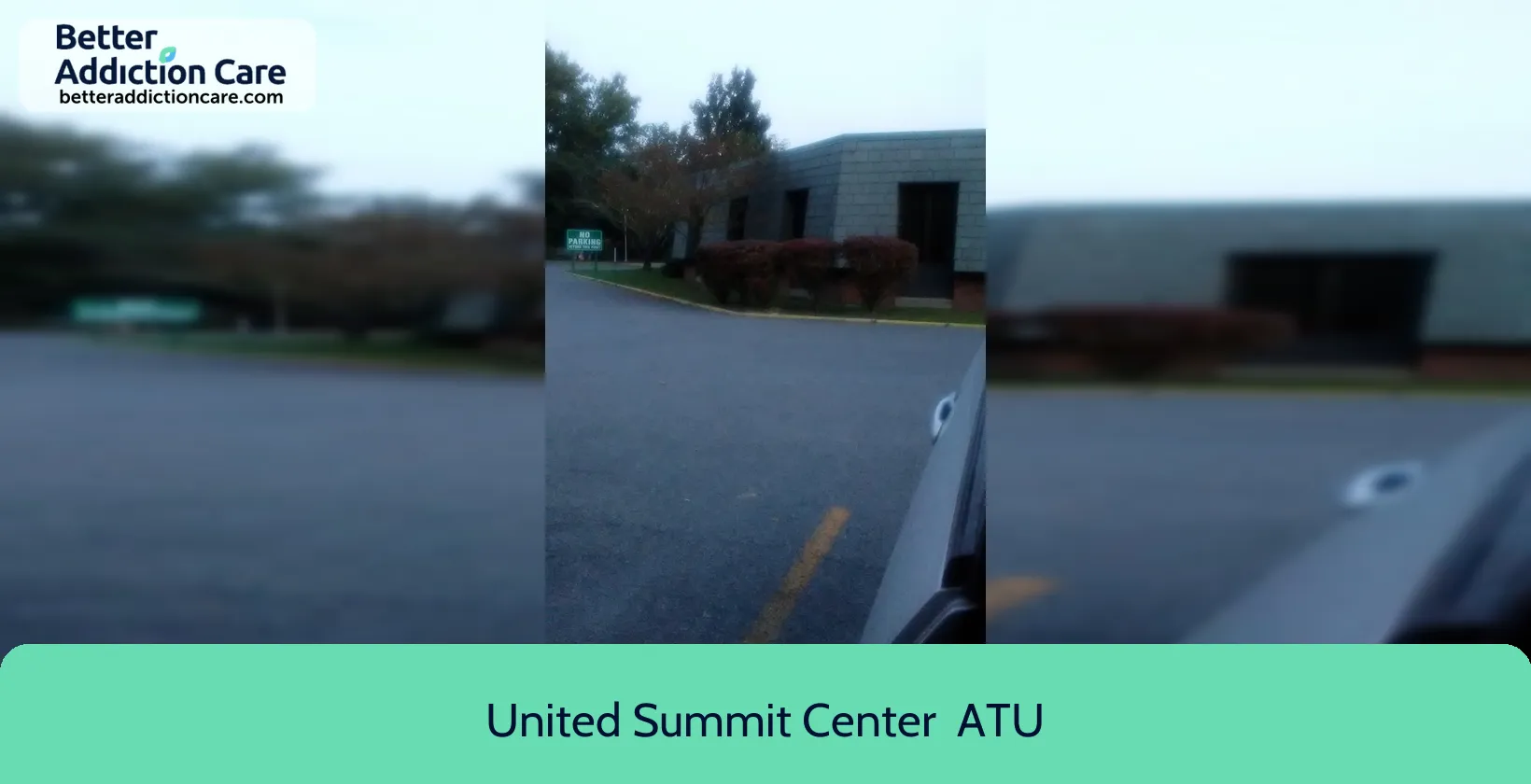
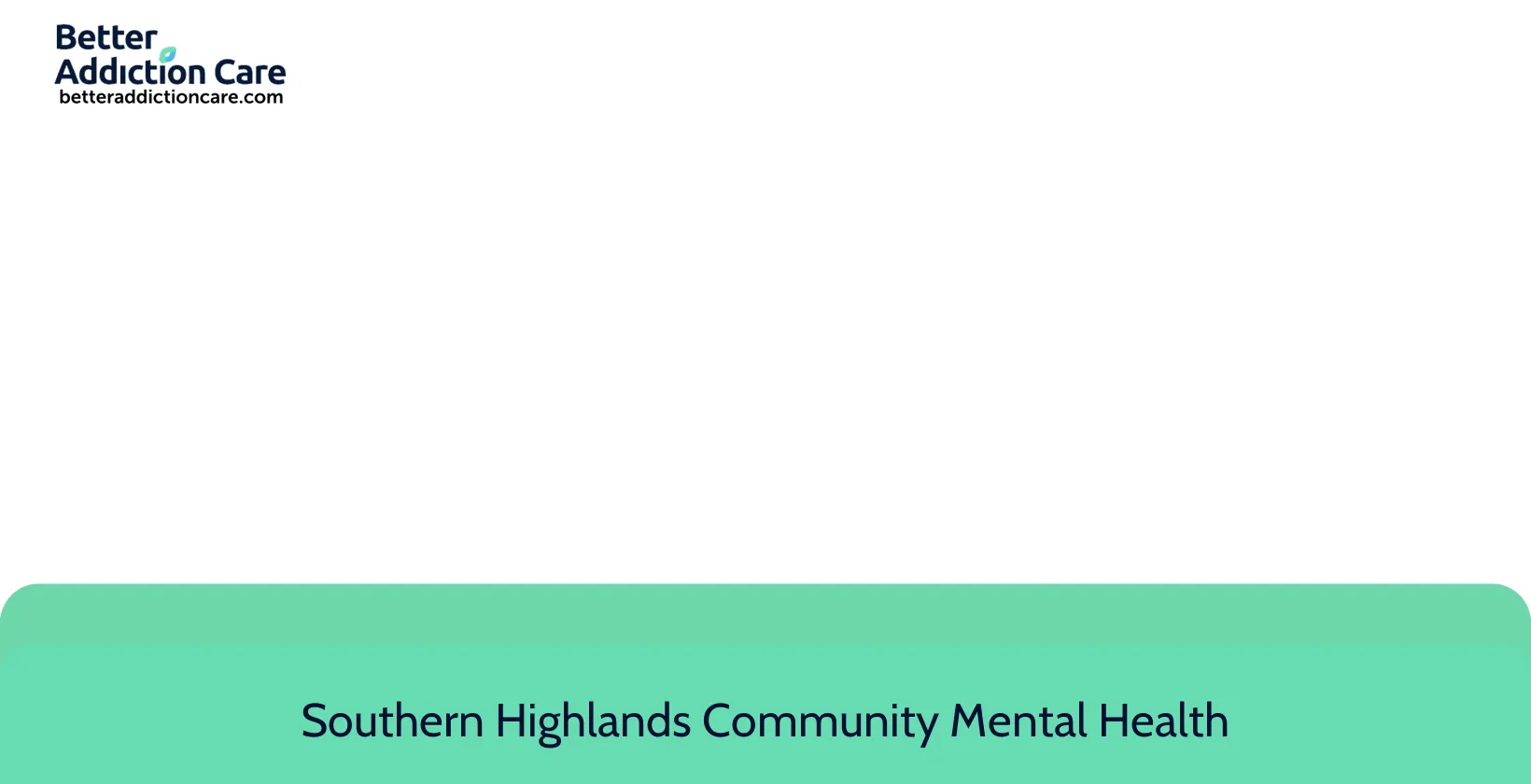
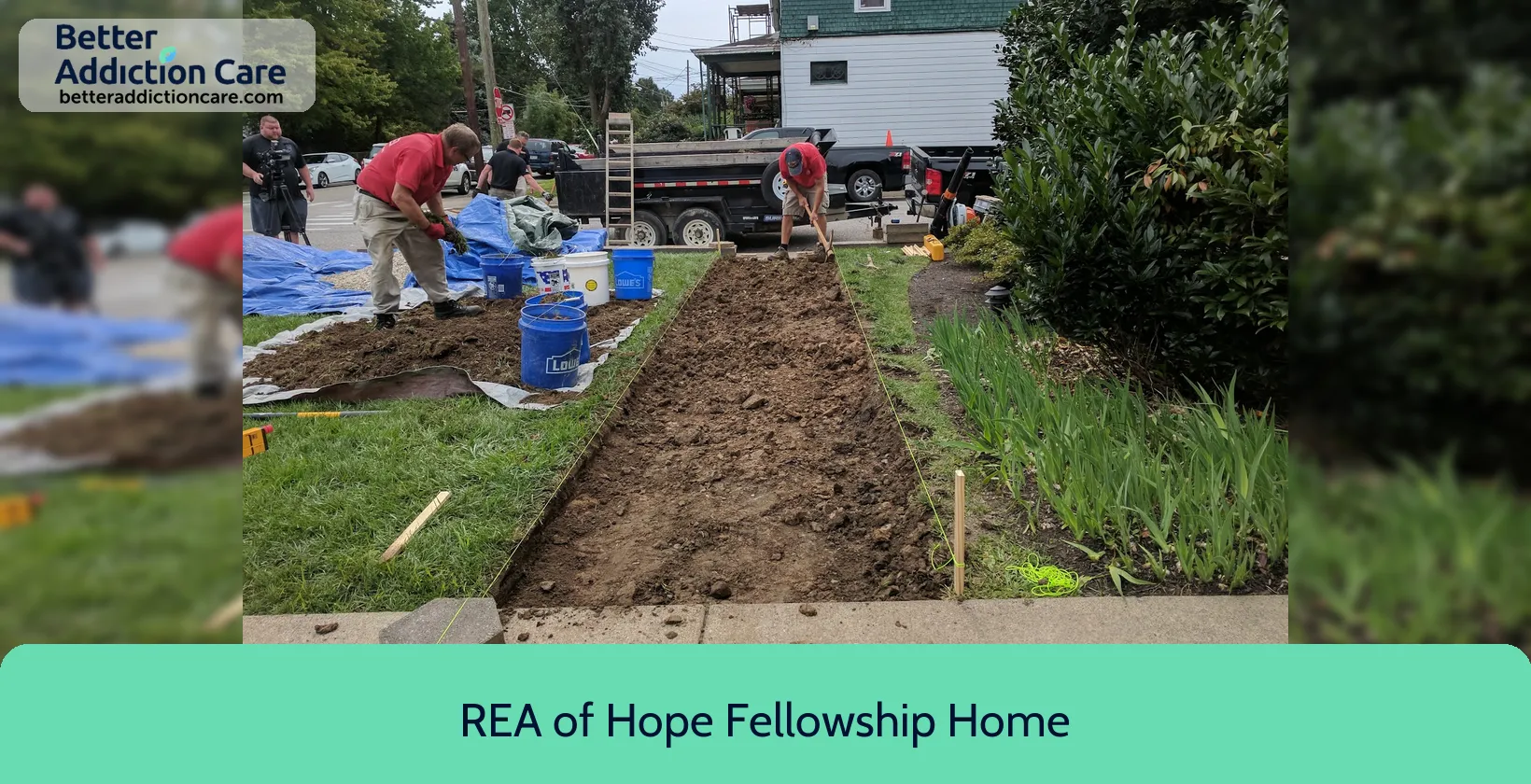



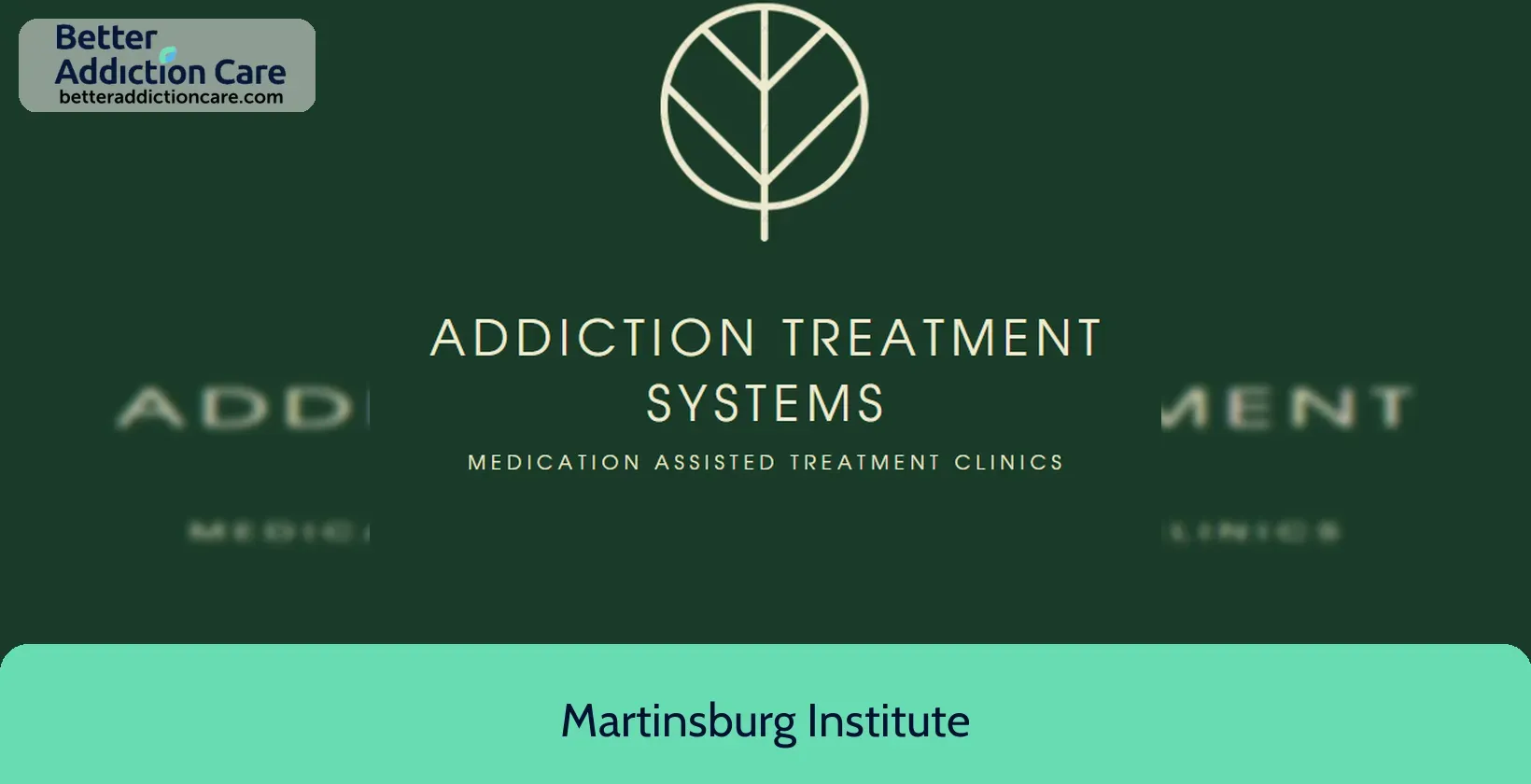
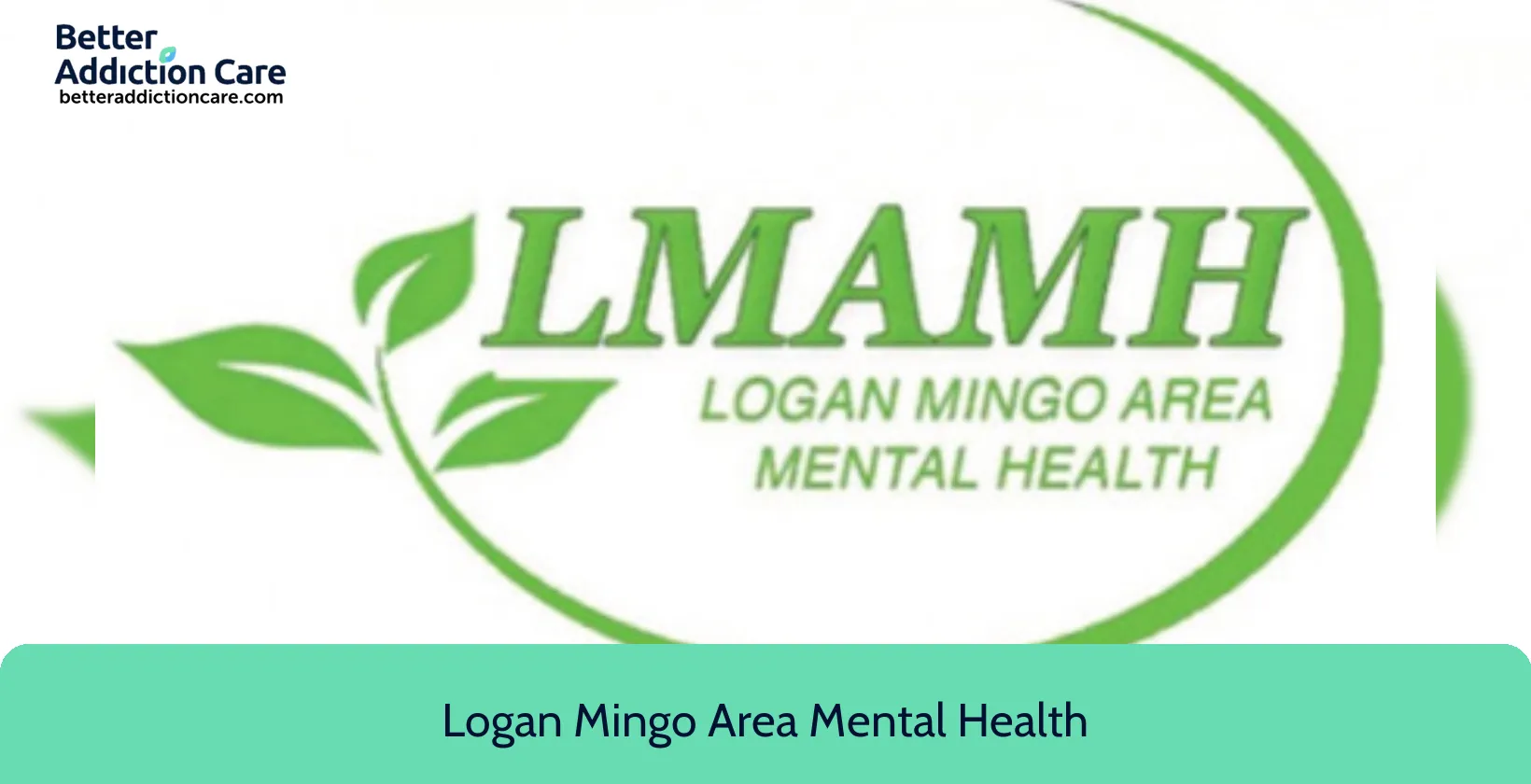
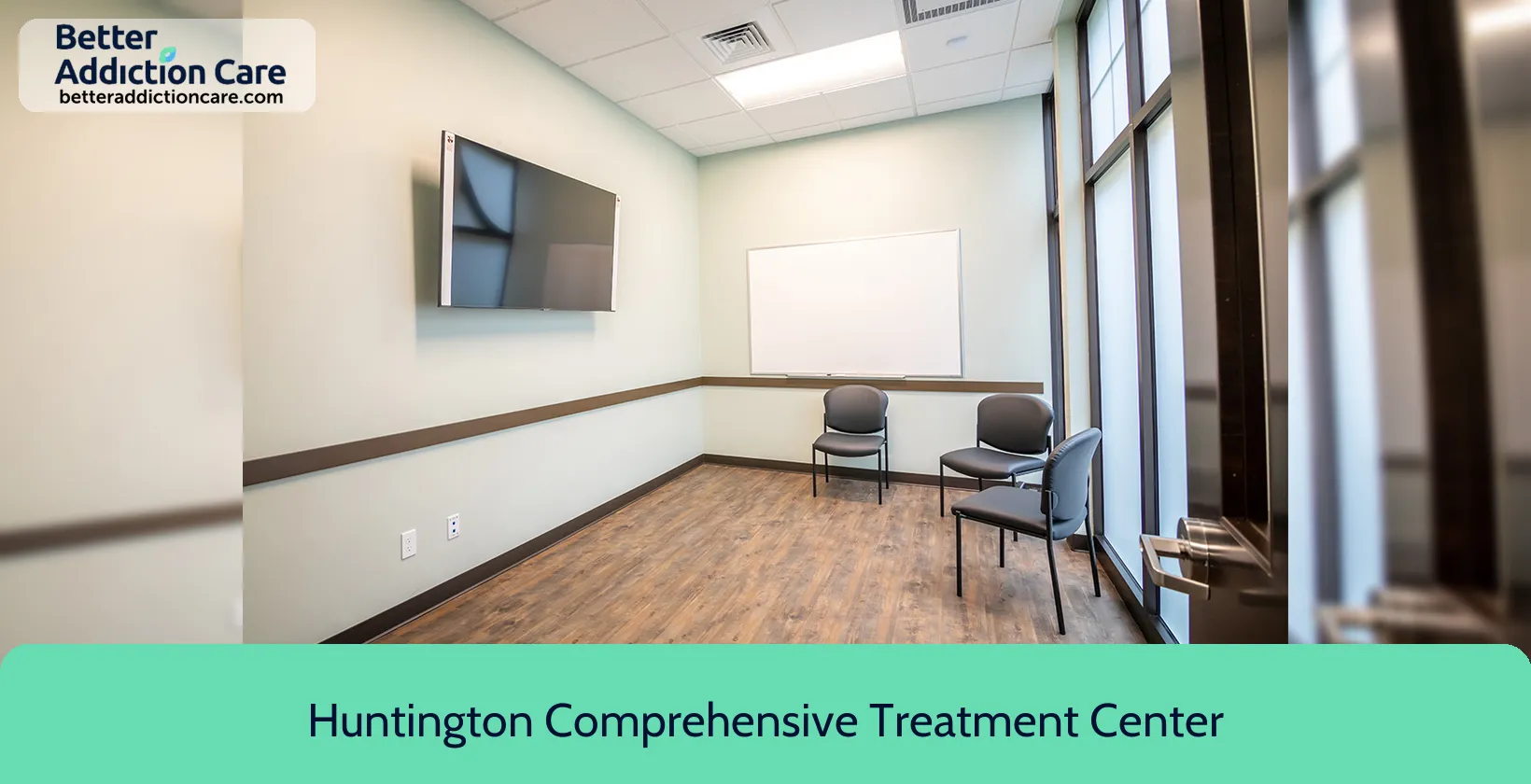

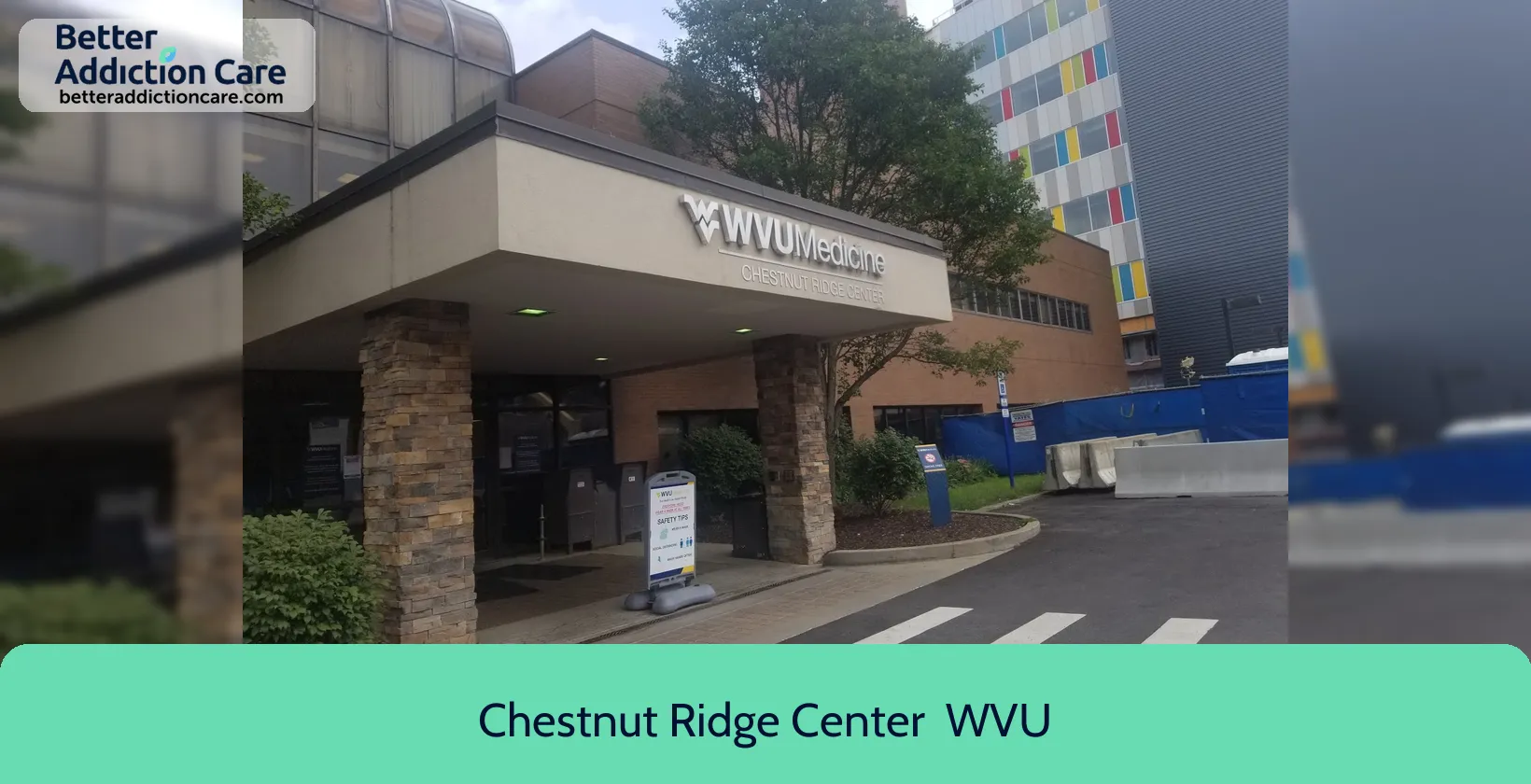
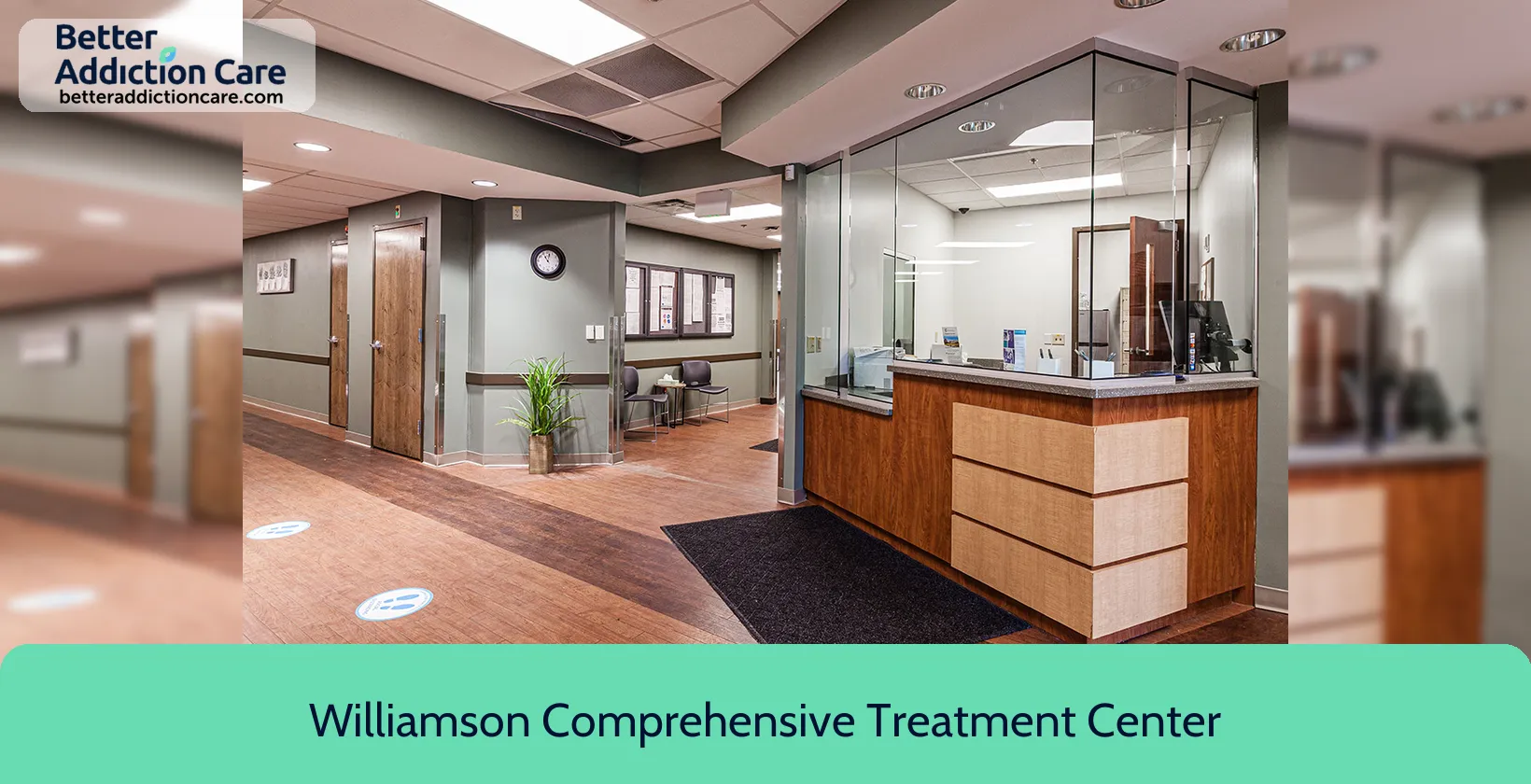



Alcoholism, Drug Abuse, Mental Health, and Treatment in West Virginia
West Virginia Summary:
Many of West Virginia’s drug, alcohol and mental health problems stem from the state’s high poverty rate and lack of access to adequate and comprehensive healthcare for its residents. Census data from 2015 revealed that West Virginia has a poverty rate of nearly 18%, and the state also has the highest unemployment rate in the U.S. West Virginia’s drug overdose death rate is three times the national average, indicating that addiction and substance abuse are serious concerns across the state and affect a significant number of residents.
While these statistics can be unsettling, this does not mean that West Virginia residents are without resources, services and options available to them for drug and alcohol treatment and rehabilitation. There are several payment-assisted facilities in West Virginia that offer both inpatient and outpatient programs for those suffering from alcoholism, drug addiction or co-occurring substance abuse and mental health issues.
Quick West Virginia statistics:
-
West Virginia state population: 1.8 million
-
Over 6% of people in West Virginia abuse alcohol or are alcohol dependent
-
Nearly 3% of West Virginia residents abuse illicit drugs or struggle with drug addiction
-
Opiate abuse, including heroin and prescription opioids, are major drug problems in West Virginia
Alcoholism in West Virginia
West Virginia sees heavy alcohol use and binge drinking across the state, primary among youths and college students. The city of Morgantown, home to West Virginia University, consumes 1% of Anheuser-Busch’s total alcohol sales. Statistics like these indicate that colleges in West Virginia have a culture of heavy drinking, which extends to younger people, like high school students.
In West Virginia, residents have multiple options for alcoholism and substance abuse treatment.
For those in need of a payment-assisted facility, United Summit Center is a nonprofit rehab center in Sutton. United Summit Center offers an inpatient (residential) program, an outpatient program and an intensive outpatient program, for participants who need a structured treatment program, but also wish to live at home due to work, family or school commitments. The facility is founded on the 12-step model of recovery and also has a family program, in which an addict’s family members and loved ones participate in the treatment process. United Summit Center is open to adults, young adults and children and accepts Medicaid, Medicare and private health insurance.
Drug Abuse in West Virginia
West Virginia has some of the highest rates of overdose deaths in the U.S. Drug abuse is a growing problem, especially in the region of Appalachia, which has also seen a rise in residents contracting hepatitis C. Hepatitis C can be transmitted by injecting drugs or having unprotected sex, and the hepatitis C outbreak in West Virginia is primarily centered around young, white drug abusers in rural areas. In 2016, over 85% of the overdose deaths in West Virginia involved at least one opioid.
There are a number of rehab centers in West Virginia that specialize in the treatment of drug abuse and addiction.
Located in Aurora, Jacob's Ladder at Brookside Farm is a private rehab center that offers an inpatient (residential) treatment program. Jacob’s Ladder provides a top-rated, comprehensive addiction treatment program in a unique environment. A typical day for recovering addicts at Brookside Farm includes daily gardening and farm chores, twice-daily meditation, educational programs, 12-step meetings and counseling. Participants in the addiction recovery program also partake in recreational therapy and off-site recreation and wilderness adventures. Jacob’s Ladder is open to adult men and adolescent boys, giving those struggling with addiction a chance to rebuild their lives through a holistic, outdoor-focused recovery program.
Mid-Ohio Valley Fellowship Home is a payment-assisted, nonprofit rehab center in Parkersburg. The facility offers an inpatient treatment program and specializes in opioid addiction treatment. Opioid addiction includes addiction to illicit drugs like heroin, as well as the abuse of prescription drugs like oxycodone or hydrocodone. The Mid-Ohio Valley Fellowship Home focuses on a holistic model of addiction treatment and has programs for men, women and parents with dependent children. The treatment center’s program for men requires a six- to 18-month residential stay and offers 24-hour staff support.
Mental Health in West Virginia
Residents in West Virginia struggle with an array of mental, emotional and behavioral health problems. According to data from 2015, an estimated 5.5% of West Virginia residents are dealing with a serious mental illness. A recent survey conducted by the Centers for Disease Control and Prevention (CDC) and the West Virginia Health Statistics Center ranked the state 2nd highest nationally for the number of residents who report either fair or poor health.
West Virginia has an array of services, resources and treatment centers for residents with a mental health condition or co-occurring substance abuse and mental health issues.
Situated outside of Morgantown, Chestnut Ridge Center - West Virginia University Hospital offers both inpatient and outpatient treatment for West Virginia residents struggling with mental health problems. At Chestnut Ridge Center, patients are cared for by a dedicated team of psychiatrists, psychologists, social workers, nurses, rehabilitation therapists, mental health specialists, dieticians and educators. The facility provides a variety of therapy options for patients, including Cognitive Behavioral Therapy (CBT), Dialectical Behavior Therapy (DBT), individual therapy, group therapy and couples counseling. The treatment center is open to men, women, young adults and children and accepts Medicaid, Medicare, private health insurance and military health coverage.
How do you talk to a drug addict about going to rehab in West Virginia?
For family members and loved ones who are concerned with someone’s drug or alcohol abuse, there are several resources available to them to help stage an intervention.
During an intervention, family members and loved ones get together to meet with an addict and talk about seeking treatment for substance abuse. The main goal of an intervention is to get an addict into a drug or alcohol rehab program, so that they can overcome their struggles and make a complete, successful recovery from substance abuse.
Many inpatient and outpatient rehab centers offer intervention services, which includes an intervention specialist that is trained to facilitate an intervention. Intervention specialists can help those staging the intervention come up with an action plan, conduct research on potential rehab programs and facilities, outline what family members will say during the intervention and determine the consequences for an addict who is reluctant to get treatment. It’s important that an intervention be planned and well-thought-out, so that addicts understand the seriousness of this meeting and how their substance abuse is affecting not only themselves, but those around them.
Are there any free drug rehab centers in West Virginia?
There are multiple drug rehab centers in West Virginia that offer low-cost, payment-assisted or state-financed treatment options. Many rehabilitation programs accept Medicaid, which is a government-run healthcare program for residents who meet certain requirements. To qualify for Medicaid, residents must be either a parent, pregnant, under the age of 19 or living within a specific low-income bracket.
Under the law, health insurance companies — which includes Medicaid — are prevented from offering less favorable coverage options for substance abuse disorder or mental health treatment. Insurance providers must cover the basic conditions of drug and alcohol dependence recovery. If you or someone you know is seeking treatment for substance abuse, there are several drug rehab programs that accept either Medicaid or private health insurance.
In addition to health insurance coverage for drug and alcohol dependency recovery programs, several treatment facilities in West Virginia offer other state-financed or low-cost treatment payment options. There are payment-assisted rehab centers that seek to provide treatment for all residents, regardless of their inability to pay. When researching drug and alcohol treatment programs, ask about what types of health insurance they accept, and if they offer other payment assistance options.
West Virginia: Looking Ahead
State lawmakers in West Virginia are currently looking at different strategies to fight the state’s increasing opioid addiction problem. The state is attempting to crack down on “pill mills” and improve its prescription drug monitoring program. The West Virginia police force is also trying to stem the tide of drug trafficking across the state, which contributes to the availability of illegal opioids, like heroin, on the open market.
For residents in West Virginia suffering from alcoholism, drug addiction or a mental health condition, it’s important to know that there are treatment programs in the state that can help someone make a full and successful recovery from substance abuse. There are several rehab centers in West Virginia that aim to provide care and services to low-income residents, regardless of their financial circumstances. No one should struggle with these issues alone. Get help as soon as possible.
